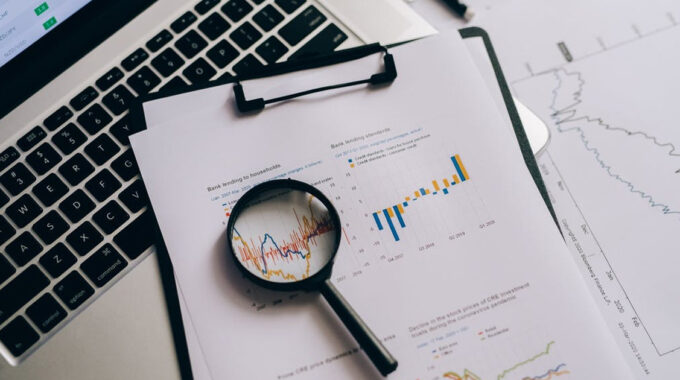
Practical Tips for Improving Leadership Skills
With workplace changes occurring on a regular basis, the effort to learn and perfect vital skills remains an ongoing goal. Leaders must strike a careful balance between classroom learning and real-world experience, harnessing both. Data collection, honest criticism, and small-scale experiments become useful instruments in their leadership growth. Improving leadership abilities is a dynamic process that encompasses a variety of aspects ranging from self-awareness to interpersonal ability. This episode of the Chicago Booth Review podcast channel offers a few key techniques for enhancing senior leadership skills.
According to the episode, leadership development is a multifaceted concept. It suggests that both formal training and experiential learning are crucial. The episode emphasizes that leadership is a combination of self-awareness, interpersonal skills, and adaptability. Daily engagement in the workplace for honing leadership skills is important, according to the episode. Workplace engagement encourages individuals to collect data, seek feedback, and conduct small-scale, low-cost experiments to improve their skills. The episode also highlights the importance of reflection and sharing insights with others. Additionally, the discussion points out that honest, constructive feedback immensely helps you throughout the learning process. Leadership skills can vary in different contexts, requiring adaptability and situational awareness. Ultimately, the episode suggests that honing these skills involves a continuous and iterative process of self-improvement, with both classroom learning and real-world experience playing essential roles.
Honing leadership skills is crucial for executives not only to grow professionally but also to stay relevant in their job posts. The preceding text explains what leadership development means while highlighting critical elements of the process.



















